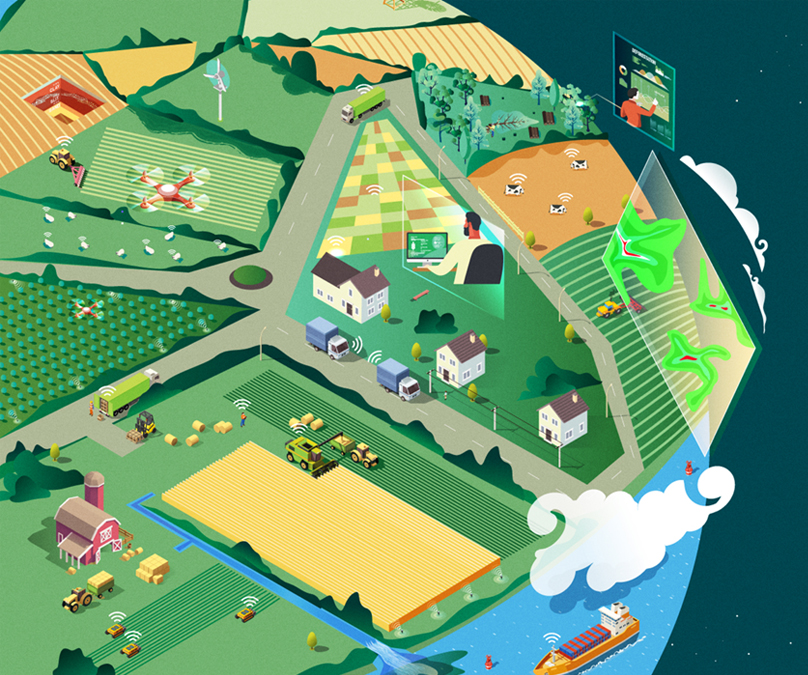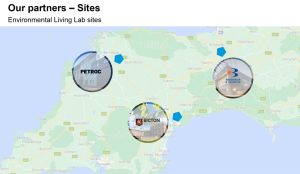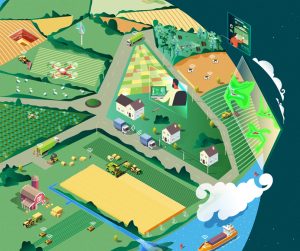
The byline for the competition was Revolutionising water quality and resource efficiency in Agriculture, Aquaculture, and Environmental Land Management with Space Technology. And the two winning companies are: Freeup and CSEQ Technologies. They will each receive support of up to £15,000 from the Catapult.
The competition begin in September 2023, at the Environmental Space Living Lab (ESLL) launch event at Devon’s Petroc college. The ESLL addresses the agri-food sector, specifically, with the role that space can play.
Both winners, said the Catapult demonstrated “innovation, addressing environmental challenges with groundbreaking technology and real-world solutions”.
Freeup specialises in the creation of low-cost sensors tailored for water bodies, enabling decision-making in real time via a dashboard that integrates multiple data sources, including Earth Observation (EO) and weather data.
The second winner, CSEQ Technologies, has created an automated sprayer control system designed to minimise run-off and pollution, said SAC. Unlike existing automated systems, which attach to steering wheels, CSEQ’s system integrates with the tractor’s hydraulics for more unobtrusive functionality. And in terms of affordability, it is priced five times lower than its closest competitors.
“We are delighted to have won the competition, and we really look forward to working with the ESLL to take our innovation from prototype to a safe, tested product that can make a huge difference, not only to water quality and the environment at large; but also enabling smaller farmers and growers to reap the benefits afforded by precision systems that were previously out of reach for all but the largest farms.” said Charles Quick, the Founder and Director of CSEQ Technologies.
ESLL
In the words of the Catapult, the Environmental Space Living Lab aims to bring space, market and tech experts together with policy makers, academia and end users.
“This collaborative space enables the exploration and analysis of challenges, co-designing and testing innovative scalable solutions, and accelerating their commercialisation. By doing so, it drives business growth while generating long-term social and environmental impacts.”

See also: Satellite Applications Catapult powers solar project with £620k funding







